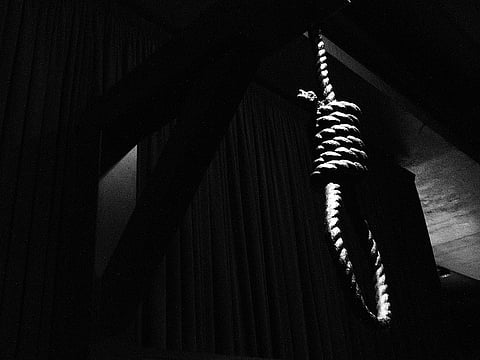Keeping the death penalty alive
The tension was near explosion-intensity as the chief justice asked Mr T C I Ekanayake, the foreman of the jury, for its verdict. The jury found Miss De Croos guilty by six to one. Mr Fernando observed that one of the jurors had tears in his eyes as Miss De Croos calmly said, "I swear to you on all that I hold sacred and declare that I am innocent of this crime."
– Donovan Moldrich, Hangman, Spare that Noose: A historical and analytical survey of the death penalty with special reference to Sri Lanka
Pauline De Croos was sentenced to death by hanging on 7 March 1968. She had been accused of murdering a young boy, the son of one of her lovers. With a reputation for "fast cars and faster men", Pauline's trial in 1966 and her conviction to death in March 1968 has oft been quoted as a miscarriage of justice. Fortunately for Pauline, she was granted a reprieve by the governor general, days before she was to face the gallows.
Pauline's trial, and subsequent sentence based on circumstantial evidence, took place in the dark years after Ceylon had suddenly changed course and recoiled and receded from its trajectory to abolish the death penalty once and for all. She was as much a victim of circumstance as many were before her and many after.

